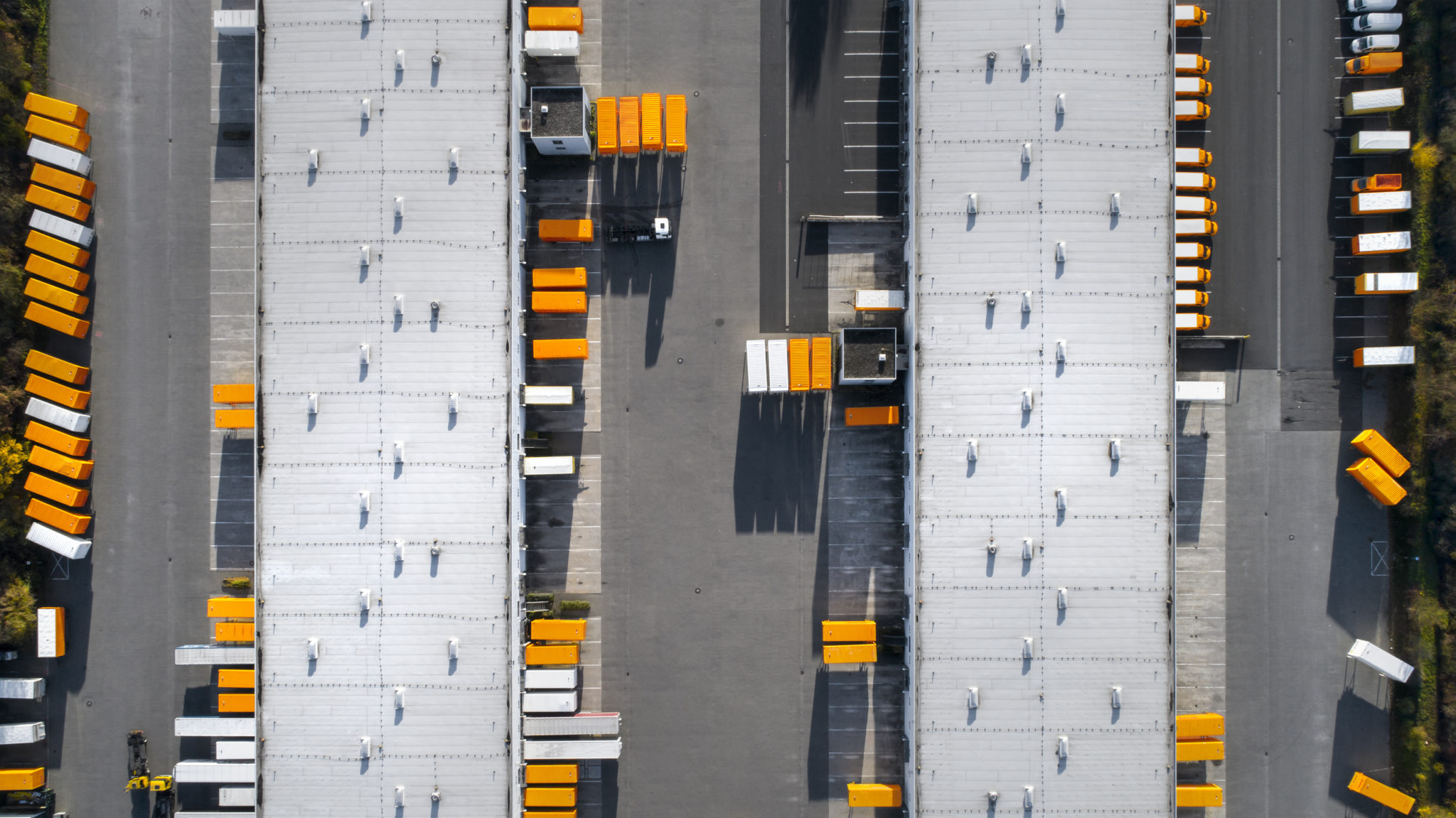Competition law in times of crisis: Can you get a free pass?
Published on 26th March 2020
COVID-19 has affected our world in unprecedented ways. Hardly any industry is spared from the serious economic consequences. Though some carve-outs are available in times of crisis, companies must continue to play by the rules and remain compliant. This applies to competition law in particular.

Although the competition authorities cannot operate with their usual staffing levels or effectiveness at the moment, they have warned that they will closely monitor markets and take action at the latest when the crisis is over. While enforcers have accepted that short-term and necessary forms of co-operation to combat the effects of the current crisis may be justified, they are determined to use their tools to crack down on any company that infringes competition law in the shadow of the current crises.
Below we have summarized some key issues and offer practical recommendations:
1. More leeway towards suppliers and customers?
The current situation is already leading to changes in the competitive landscape, with shifting supply chains and more local sourcing patterns. This may force companies to adapt their competitive behaviour and compliance strategies not only in the short term, but also in the medium and long term:
- Crisis-related market interventions cause changes in the competitive environment. As a result, individual market participants may temporarily gain significant market power, subjecting them to more stringent dominance rules under national or EU competition law. If this power is exploited by the companies, competition authorities may impose fines or require interim measures. In some cases this has already been done. For example, France’s competition authorities are investigating excessive prices for sanitizers and the government has adopted temporary price regulation on retail and wholesale prices for certain products (such as sanitizers and masks). In Italy, the competition authority has started proceedings against Amazon and Ebay for excessive pricing of hand sanitizer, protective masks and sanitation products on the basis of the consumer code rules.
- The termination of supply relationships, the selective supply of individual customers or (extreme) price increases due to the strong increase in demand and limited availability of individual economic goods may amount to an unlawful abuse of market power.
- Some concentration effects favoured by the crisis will change market conditions in the long term. Digital champions will expand their market position while high street shops close. Amazon, for example, is expecting a considerable increase in online orders.
We expect competition authorities to monitor markets closely. Their ability to effectively police markets may be impeded temporarily, but this will not stop them from enforcing the competition rules at a later stage against those that took unfair advantage of the crisis. Moreover, some competition authorities appear to be even more active than usual. For example, on Sunday the Italian authority has issued interim measures against three undertakings for COVID-19 related practices.
In a joint statement, the competition authorities belonging to the European Competition Network (ECN) emphasized that they will monitor and sanction companies taking advantage of the current situation by cartelising or abusing their dominant position, in particular through restricting or increasing the cost of essential medical supplies. They warned that: “it is of utmost importance to ensure that products considered essential to protect the health of consumers in the current situation (e.g. face masks and sanitising gel) remain available at competitive prices”.
Against this background, if your company enjoys a strong market position you should:
- monitor and keep under review your company‘s market position and significance;
- review any proposed price increases with care – can the increase be justified?;
- not disadvantage or favour certain customers and buyers arbitrarily;
- examine interruptions of supply or refusals to deal in detail for objective reasons; and
- not demand unreasonable returns for products and services.
2. What needs to be considered when cooperating with competitors?
Particularly in times of crisis, there can be an increased need for cooperation between companies in order to cope with the extraordinary challenges in order to generate consumer benefits:
- The fundamental principles of antitrust law continue to apply and continued compliance should be assured within companies and trade associations alike.
- Agreements between competitors on prices and/or production quantities cannot normally be justified, even in times of crisis.
- Cooperation between competitors is therefore still subject to strict requirements and is not permitted in each and every case.
However, the crisis provides some opportunities for cooperation among competitors, which may exceptionally be justified in light of the current crisis and the special circumstances. This might be the case, for example, where the cooperation creates efficiencies to the benefit of consumers that could not be attained otherwise and which outweigh any adverse effect of the competitive restraint. In particular, this might justify joint innovation or tackling logistical issues to ensure the health of the population and continued supply with essential goods.
Competition authorities across Europe have jointly emphasized that they “will not actively intervene against necessary and temporary measures put in place in order to avoid a shortage of supply” due to the coronavirus. The authorities acknowledged that the current, extraordinary situation “may trigger the need for companies to cooperate in order to ensure the supply and fair distribution of scarce products“. Therefore, a cooperation may benefit from an exemption if:
- it follows the legitimate interests of ensuring supply (in particular of food and medicine);
- it is limited to actions that are absolutely necessary in the context of the crisis; and
- it is only temporary.
Companies will need to assess with care whether they meet this standard. The ECN expressly only recognizes this “extra leeway” for food and health care. Thus, particular care should be taken when seeking to cooperate outside those sectors, legitimate areas of application have already been recognized in the transport sector. In addition, the new “freedoms” will not apply without any restrictions. The authorities underlined that the competition rules are still in place and “remain relevant“. The competition authorities will monitor and react to any measures that might restrict or increase the cost of essential medical supplies. The competition authorities will sanction companies taking unfair advantage of the current situation by not playing by competition rules.
The joint statement highlights that the national competition authorities, the European Commission or the EFTA Surveillance Authority will provide further guidance in individual cases. At least for any cooperation outside and beyond the supply of food and medicine it will be highly advisable to contact the authorities prior to implementation.
The measures are intended to ensure the supply of food and medicine and medical equipment:
- Health care facilities in particular could benefit from the short-term easing, as could logistics companies and food wholesalers and retailers. However, it is not to be assumed that entire sectors will receive a "free pass". Rather, according to the latest statements by Competition Commissioner Vestager, competition authorities will continue monitor whether and to what extent cooperation is necessary and justified under the special crisis circumstances;
- cooperation will remain subject to competition law and an analysis of each individual case is required to determine whether the cooperation can exceptionally be entered into for a limited period of time due to the special circumstances. The scope of the cooperation must be limited to the necessary extent and sufficient compliance measures must be ensured in its design. The Bundeskartellamt in Germany has expressly invited companies to discuss the admissibility of certain measures; it is already long-standing practice of the Bundeskartellamt to accept informal consultation requests from companies – a practice that will be formalized with the 10th amendment to the Act against Restraints of Competition (GWB) when companies will be able to formally ask for official approval for cooperation.
3. What are the implications for merger control?
The crisis will inevitably lead to changes in the competitive landscape. Distressed M&A and rescue mergers are likely to become more important. For failing companies, rapid review and clearance is of the essence. Given the impact of the crisis on competition authorities and their staffing levels, the parties to a merger may choose to involve them prior to the signing date.
Any such approach will require some diplomacy as (in a rare recognition of the scarcity of their current resources) the European Commission's Directorate-General for Competition has asked companies to avoid submitting merger notifications in the coming weeks if possible. The Bundeskartellamt also asks companies to consider in each individual case whether a merger filing needs to be submitted to it in the near future or whether this can possibly be done at a later date. Other national competition authorities across Europe have made similar announcements.
Where companies notify merges in the present circumstances they should expect competition authorities to use their powers to stop the clock or extend review periods otherwise. Austria for instance has decided that any merger review period will only start to run on 1 May 2020. Similar considerations regarding the short-term adjustment of deadlines are underway in other EU member states, including France. The Danish and Italian competition authorities have already suspended the deadlines for two weeks (from 18 March in Denmark) or until 16 April (in Italy). Some competition authorities (such as the Dutch) have also have expressed their willingness to grant derogations from the standstill obligation in case a concentration is necessary to preserve the viability of (one of) the merging parties.
Merger parties should therefore generally anticipate delays in merger clearance and agree appropriate contractual provisions. This holds even more true as the crisis will also have an impact on the substantive assessment of transactions - forecasting market developments and the effects of a transaction on market conditions could become more complex in certain industries as the cards may are reshuffled during the crisis.
4. Outlook
COVID-19 will have a major impact far beyond the near term. However, the competition authorities will also return to normal operations in the not too distant future. Companies should therefore continue their competition compliance efforts but also evaluate any justifications that are available in narrow circumstances.
Companies should also be aware that some competition authorities also have wide powers in relation to unfair commercial practices, misleading advertising and unfair trading practices; and may be willing to make use of such powers to actively intervene against COVID-19 related practices (as the competition authority in Italy has already done in several cases).
Prior to the crisis, competition policy and draft amendments largely focused on the digital economy, notably online platforms with market power. The crisis will probably further strengthen some of these platforms. The call for intervention by competition authorities is therefore likely to become even louder in the near term.









